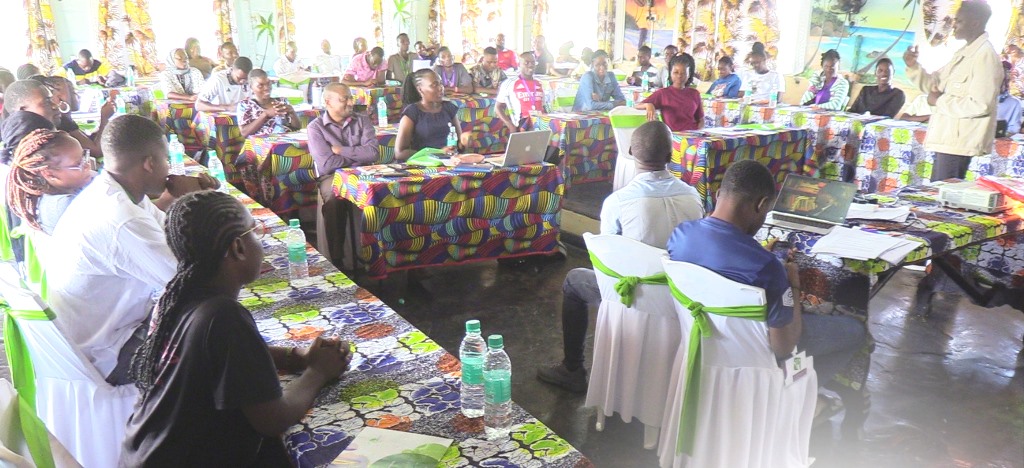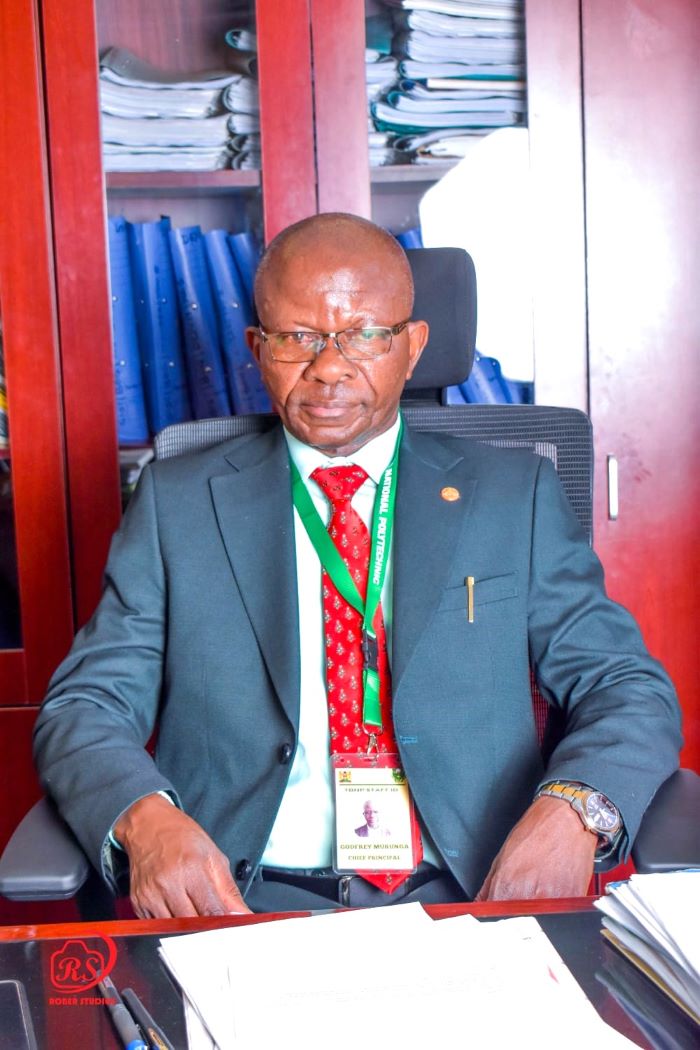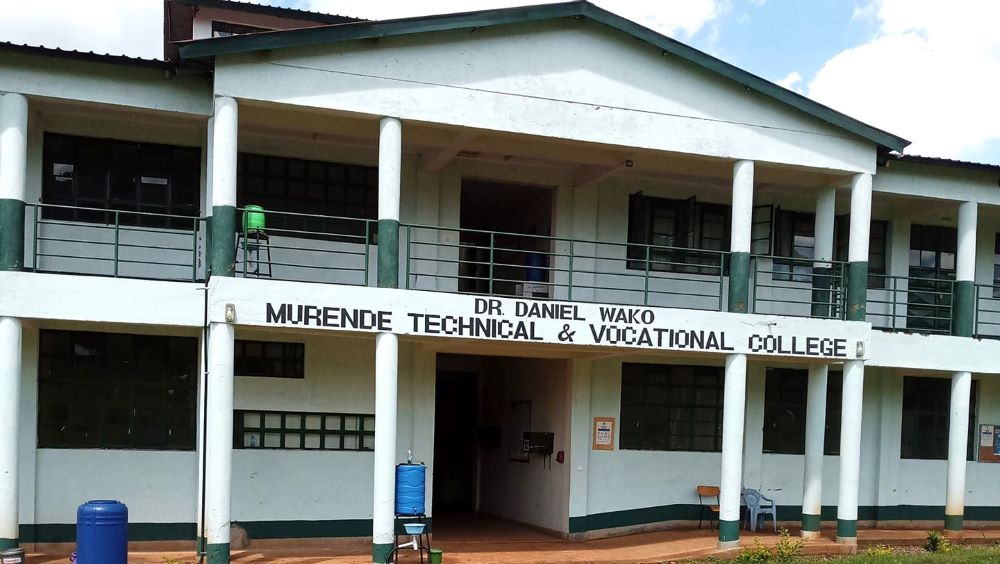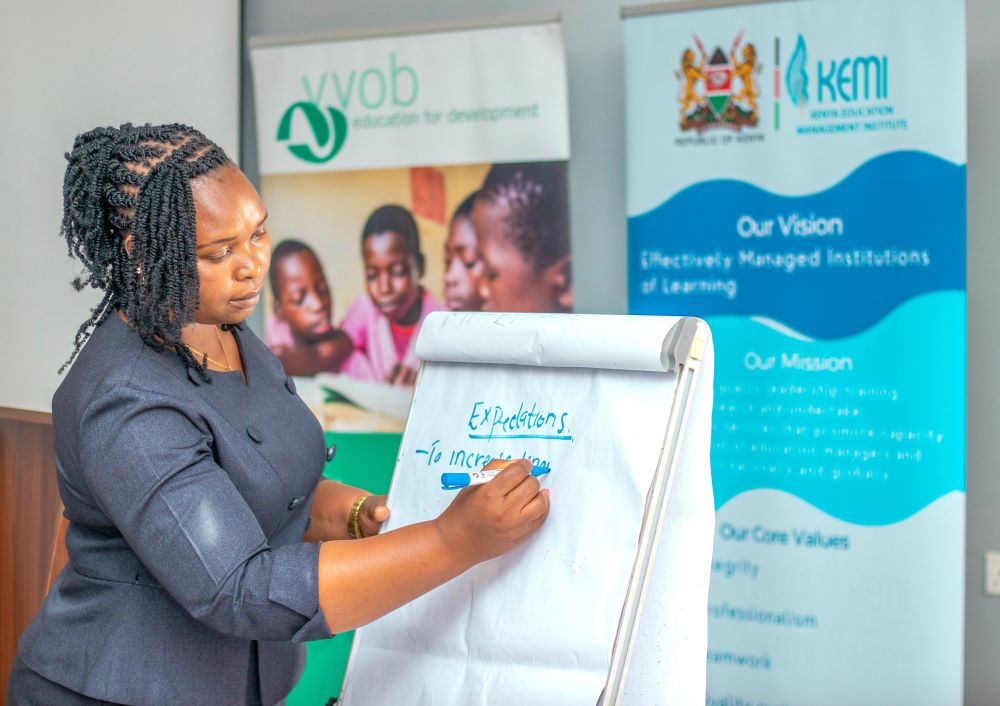Education stakeholders have initiated research aimed at improving the country’s current education system, citing inequality in various institutions and households.
Usawa Agenda organization which is implementing the Foundational Literacy and Numeracy Assessment (FALANA) 2025 countrywide has partnered with Wezesha Jamii Community Based Organization (CBO) in Kilifi County to carry out survey and collect data from households and learning institutions which when complete, will be handed over to the education ministry to guide in policy making.
The Competence-Based Education (CBE), which was recently renamed Competency-Based Education (CBE), has drawn criticism from stakeholders, including parents, teachers, and politicians, who have questioned its sustainability.
Speaking after a three-day training session for 44 volunteers at the Breeze Point hotel in Malindi town, Emmaculate Kai, the Usawa Agenda coordinator in Kilifi and Head of Organisation at Wezesha Jamii CBO, said that 44 volunteers from different sub-counties in Kilifi had been trained under FALANA. Each volunteer will conduct a survey and research in 20 households in their respective areas, gathering data that will be forwarded to the relevant line ministries for consideration in the education review process.
The Usawa Agenda coordinator in Kilifi, who is also the Head of organisation at Wezesha Jamii CBO, Emmaculate Kai, said that 44 volunteers pulled from different sub-counties in Kilifi had been trained under FALANA. Each volunteer will conduct a survey and research in 20 households in their respective areas, gathering data that will be forwarded to the relevant line ministries for consideration in the education review process.
“In this research we are targeting the kids between grade three to grade nine and as the logo of Usawa Agenda it indicates that we all come from different backgrounds but when the education is just, then we will have similar outcomes but currently in our country Kenya when you look at it, we come from different backgrounds and the education system is not just and so we have different out comes that are unjust, she said.
She added that the inequality in the education sector was hindering development, especially in rural and slum areas, as well as in families with poor backgrounds, hence the need for a review of the CBE.
“We expect our volunteers to go to the ground so that they can start the research. We did the house listing and they will be going to 20 specific households that were sampled in their areas by Usawa Agenda where you find a kid in grade nine cannot read sound like letter E- egg and so we want to inform the policies and tell the government they need to check into the education system and make some changes since infrastructure are not equal,” she said.
Her sentiments were echoed by Faith Jumwa, one of the two Usawa Agenda trainers of volunteers, who said that the data collected will inform policy-making for learners in view of achieving equity for all learners.
“With Usawa Agenda, they are doing a research through data collection on the gaps that we have in our education system and the gaps that we collect through the data tool that we have, will be put together and taken to the relevant stakeholders in education so that when they are making their policies, they consider our considerations so that at least they can make informed decisions and the decisions will help our learner shortly,” she said.
She added that the volunteers have been trained on data collection and compilation from households and schools that affect learning.
“We have trained the volunteers on two tools, which include the household where they will be looking at the socioeconomic problem that affects learning, and on the primary tool, they will focus on the environmental conditions of the schools that affect learning. We also taught them about the ethics that surround data collection to ensure that they abide by the leadership and integrity laws of our country,” she said.
READ ALSO:
Learners join Malindi Airport cleanup to prevent bird hazards, promote environmental conservation
She also said that, “We believe that with enough information and the training that we have given them, they are going to give the best and the data that we will collect will reflect the actual picture on the ground.”
On CBE, Jumwa stated that it needed review since many communities were still unable to meet the curriculum’s needs.
There is a need for a review, especially regarding CBE, as we have numerous gaps in terms of learning resources and teacher availability, and a lack of equality. You find some school lack teachers yet others have more than enough teachers especially on the STEM, Social Science and sports, hence it will be imperative for the government to consider training teachers or retooling teachers on the specific career pathway so that when they are interacting with the learners at school, they will be giving the best,” she said.
Ridhiwani Sadiki, another trainer, said that there is a need for public participation in future reviews of the education sector to gauge and address the needs of communities.
“When we are in the middle of review, what needs to be done is that inclusivity should be paramount and proper public participation by all stakeholders and especially the parents, because they are the ones who carry the huge budget burden in terms of supporting their children’s education,” he said.
Evelyne Chipanga, a volunteer from Kikambala in Kilifi South Sub-county, stated that most schools in her area were too crowded for the CBE to be administered successfully. She will dedicate her time during the research period to collecting data from residents, which she believes will be considered during the review.
“Learners are congested in class, giving the teacher a hard time in monitoring and evaluating every student, and I believe this initiative will look into this and implement friendly policies to ensure that every child in Kenya enjoys a smooth and healthy educational environment, both at home and in school,” she said.
Her sentiments were echoed by fellow volunteers Boniface Juma and Lemmy Hinzano from Malindi and Shella, respectively.
By Nehemiah Okwembah
You can also follow our social media pages on Twitter: Education News KE and Facebook: Education News Newspaper for timely updates.
>>> Click here to stay up-to-date with trending regional stories
>>> Click here to read more informed opinions on the country’s education landscape
>>> Click here to stay ahead with the latest national news.






